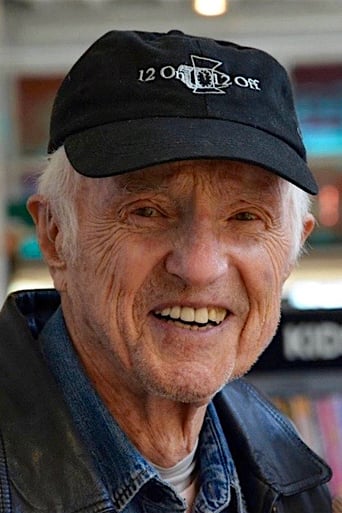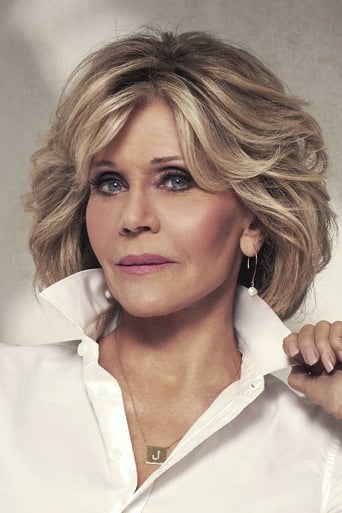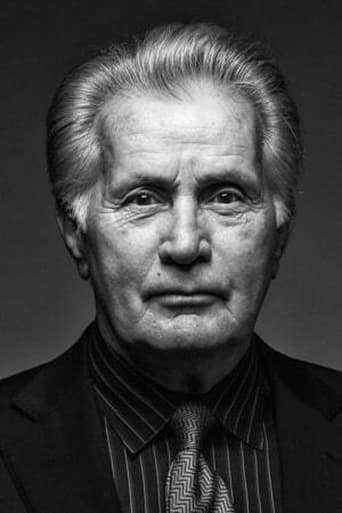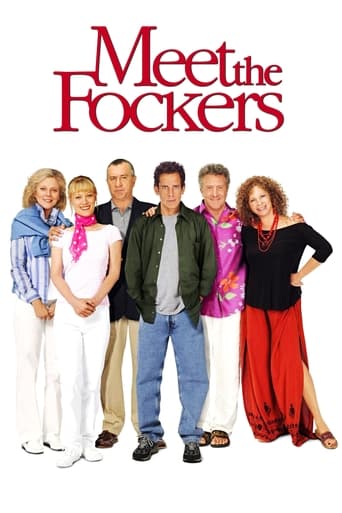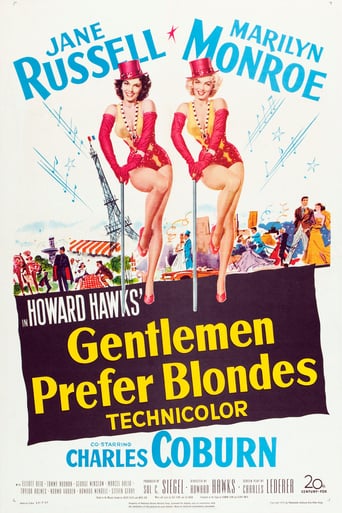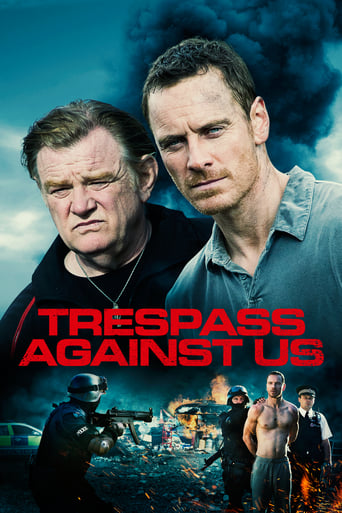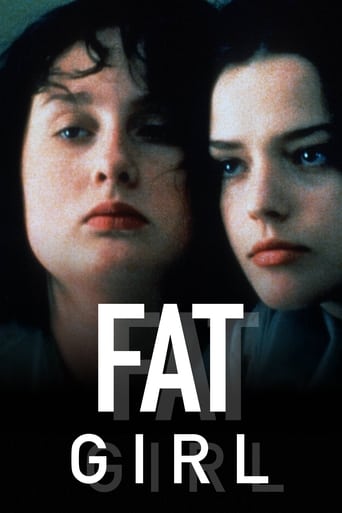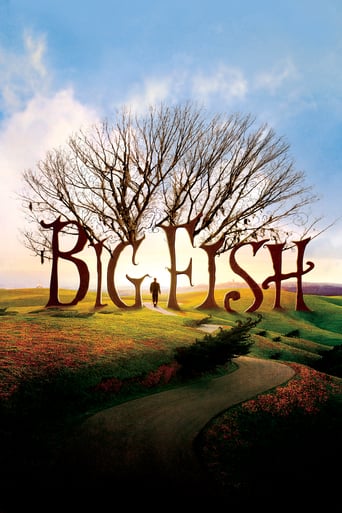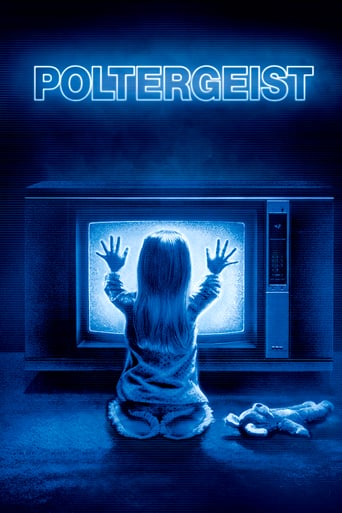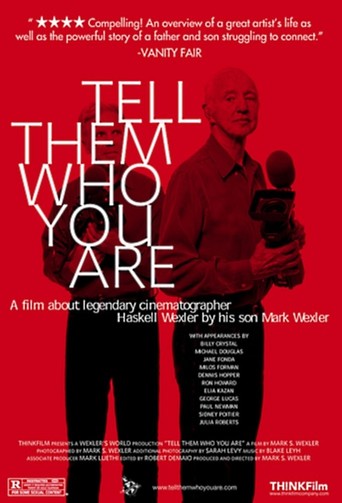

Tell Them Who You Are (2004)
The son of acclaimed cinematographer Haskell Wexler confronts his complex father by turning the camera on him. What results is a portrait of a difficult genius and a son's path out of the shadow of a famous father.
Watch Trailer
Cast


Similar titles
Reviews
One can't help but feel sorry for Mark Wexler. Goodness gracious me. To have a genius for a father. Not an easy thing. Rita Hayworth after her marriage with Orson Welles say "Being married to a genius is exhausting" Imagine being the son. Naturally Mark is a sucker for punishment. He gets himself in the lions cage knowing that he's the lion's favorite dish. In any case. Bravo Mark! I don't think we'll ever have a more realistic, balanced and fair portrait of Haskell Wexler. The documentary is unavoidably manipulated by its subject but even that shows a private side of the man and his amusingly enormous ego that couldn't have come to the fore if it wasn't for Mark Wexler. I enjoyed, with certain moments of real discomfort, this wonderful documentary about one of the greatest pains in the ass that ever lived. His work will live forever and this film signed by his son will travel in time as a perfect companion.
"Tell Them Who You Are", Mark Wexler's 2004 documentary about his father, Oscar winning cinematographer Haskell Wexler derives its title from a story told by a fellow documentarian in which Mark was with his father when he came across someone he wanted to meet. When he showed reservations about introducing himself, Haskell simply said "Tell them who you are", which, in essence meant, "Tell them you are Haskell Wexler's son." This self-assurance and some would say egotistical manner with which Wexler conducts himself is prevalent throughout the film, and makes for a fascinating documentary.Haskell Wexler, who won Academy Awards for his work on "Who's Afraid of Virginia Woolf?" and "Bound for Glory" and has been nominated for and won many other awards, came from a privileged background in which he wanted for nothing, but was constantly rebelling in some fashion. A leftist from the start, he started a newsletter in his teens with a friend titled "Against Everything" and went on to start a union walkout for the workers in his father's factory before joining the army. After a distinguished military stint, he expressed a strong interest in film-making and began his career making short films for corporations and private groups. When Hollywood took notice, his career skyrocketed, and he went on to shoot films for such directors as Elia Kazan, Milos Foreman, John Sayles, Mike Nichols and Norman Jewison. He directed several documentaries and a couple of feature films himself, most notably 1969's "Medium Cool" which placed actors in the middle of the very real action of the 1968 Democratic National Convention riots. "Tell Them Who You Are" is more than a chronicle of Wexler's filmography, however. It is equal parts a study of a very contentious relationship between a father and a son. Mark, Wexler's son from his second marriage, has directed one other documentary and admits he is fairly green when it comes to the medium, but whether the two are squabbling over politics, (Mark is a conservative and his father is a devout leftist) or Wexler is trying to direct his son (which is occurring throughout the film) the tension is almost tangible. No one who is interviewed denies the genius of Haskell Wexler's work, but no one also will say that he is easy to work with. Even the many still photograph of Wexler from various movie sets show him gesturing madly, which lend credence to the claim by several that he simply wanted to direct the films himself. Even Wexler will admit this, and say that he probably could have done a better job himself, a claim that isn't entirely refuted by some directors. (Though while most directors and producers admit that they could easily put up with Wexler's manner because of the work he produces, director Elia Kazan and producer Michael Douglas basically said they had horrible experiences with him and neither would work with him again.) This stubbornness and alpha dog manner also translates into his personal life, which lead to some pretty tense moments when Mark is trying to set up a shot with Wexler hollering to him that the lighting is going to be bad, etc. He even refuses to sign the release form his son gives him until later on in the film. But for every seemingly obnoxious trait, there is an endearing element to Wexler's personality. Whether one leans to the right or left, his political convictions are admirable, if not possibly annoying in their omnipresence. His incredible talent almost makes one forgive the way he bosses his son around, until you realize something that the son does; this is Wexler's at times not-so-diplomatic way of sharing something with his son, with whom he has never had a close relationship, and of teaching him and passing on his legacy. Though Mark never actually says, "I don't like my father", his discomfort is clear, as is his realization that his Dad isn't the jerk he and everyone thought he was. One of the most interesting (and in my opinion, heartbreaking) moments of the film occurred near the end. Earlier in the film, Mark was talking to Conrad W. Hall, the son of the late, famed cinematographer Conrad L. Hall ("American Beauty", "In Cold Blood") who was one of Wexler's best friends. During the conversation, Mark tells Conrad Jr. that he felt like Conrad Sr. was a surrogate father growing up, and that he often wished that Conrad Sr. was his father instead of Haskell. Then later in the film, at a tribute for Conrad Hall Sr., Haskell Wexler is addressing the crowd and essentially admits that he knew this about his son, and that was always one of the reasons he was jealous of Hall throughout their friendship. For someone as abrasive and seemingly unfeeling as Wexler sometimes portends to be, this was a really big moment, though the crowd, not knowing the truth behind Wexler's words, all chuckled. "Tell Them Who You Are" is not the greatest documentary I have ever seen, and it is a little messy, technically. But when one begins to wrap their brains around what Mark Wexler is trying to do with his film, it is easy to see that if these "messy" issues weren't actually intended, they fit in perfectly with the theme of the film itself. Whether you approach it from a film history standpoint, or from the total picture of film and family relationships, you will not be disappointed either way. I'm not sure how available this film is (it has a one week engagement at the classic/art house movie theater I frequent) but if you enjoy film, and particularly some daring and innovative films of the late 60's to mid-70's, I strongly recommend you seek this film out. And check out IMDb.com to see Wexler's filmography I'm sure that even if you didn't know his name before reading this review, you're well aware of his work.
As I write these comments (on 5-14-05) this film has only a 6.7/10 user rating on its IMDb page. That is such a disgrace. It is easily a 10 in my book. Just a terrific piece of work. And what a tribute to Mark Wexler that he was able to tell such a remarkably candid tale of he and his father's troubled relationship without pulling any punches. Also, the inherent irony in watching this tremendous documentary, is that throughout it, Haskell Wexler, his prolific and highly critical father, is condemning Mark for many of his film-making choices. The scene where Mark pleads with his father to please step out on the balcony to conduct the interview so he can frame him with the cityscape of San Francisco in the background is utterly tragic. It is a microcosm of their entire relationship. The son both literally and figuratively trying to step out of the shadows, those in that little hotel room and those cast by his legendary father. Mark Wexler should be proud and resolute in the knowledge that he is not only out of that formidable shadow, he is casting quite a shadow of his own with this wonderful film.
Honest, true, & brave.A remarkable account of a son trying to understand the essence & complexity of his famous cinematographer father, Haskell Wexler. The doc is full of humor, insight, and love, and is charged with real emotion, thanks to the incredible Papa Wexler, the central character.I expected a typical Hollywood tribute film, and it is that to some extent. But it rapidly becomes so much more. Surprisingly, the filmmaker Mark Wexler makes his localized Hollywood experience universally applicable to all sons and all fathers. What could have been a dismissable fluff piece is transformed into a rich analysis of the dynamics of fathers and sons. Haskell should be proud; he's obviously taught his son well. I thank both father and son for this film.


